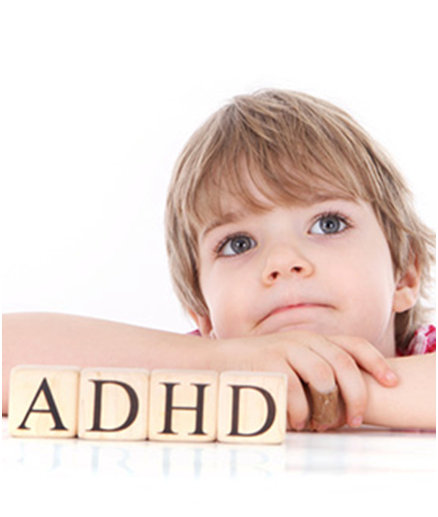Attention deficit hyperactivity disorder (ADHD) is a mental disorder that causes above-normal levels of hyperactive and disruptive behaviours patterns. People with ADHD have difficulty concentrating, sitting still, paying attention, staying organized, following instructions, remembering details, and/or controlling impulses. They often have trouble getting along with their family members at home, peers, and colleagues at work station.
ADHD is a lifelong challenge, but medication and other treatment options can improve symptoms.
Three Types of ADHD
It is divided into three different types:
i. Predominantly Inattentive Type:
Someone with Predominantly Inattentive Type of ADHD may show more symptoms of inattention than of impulsivity and hyperactivity. For instance, they get bored quickly, don’t seem to listen or have trouble focusing on a single task.
According to a study more girls are diagnosed with inattentive type ADHD than boys are.
ii. Predominantly Hyperactive-Impulsive Type:
Although people with Predominantly Hyperactive-Impulsive Type of ADHD can display signs of inattention but they are mainly characterized by symptoms of impulsivity and hyperactivity. Symptoms include squirming, fidgeting, feeling restless, impatience or acting out of turn, not thinking about consequences of actions.
Children with hyperactive-impulsive type ADHD can cause disruption in the classroom, making learning more difficult for themselves and other students.
iii. Combination Type :
People who have combination type don’t show predominantly one type of symptom as with the other two types of the ADHD. Most children have combination type ADHD. Diagnosis of the combination type means you show at least six symptoms each of inattention and hyperactivity/impulsivity.
The symptoms you experience most prominently inform the type of ADHD you have. Diagnosis of any of the three types of ADHD includes extensive observation of behaviour. Symptoms are classified as:
- Inattention: Getting distracted easily, having poor concentration and organizational skills.
- Impulsivity: Interrupting, taking risks.
- Hyperactivity: Never seeming to slow down, constantly talking and fidgeting, difficulty staying on task.
ADHD can be a lifelong challenge, but you should keep in mind that having ADHD doesn’t mean you’re not bright, inquisitive, and just as motivated as others not affected by the disorder. You just need a little extra help to get you polished.
BY BASMAH ANSARI




0 Comments